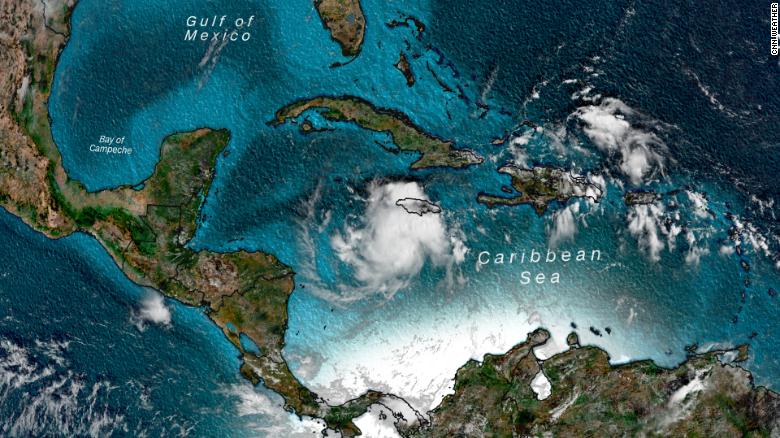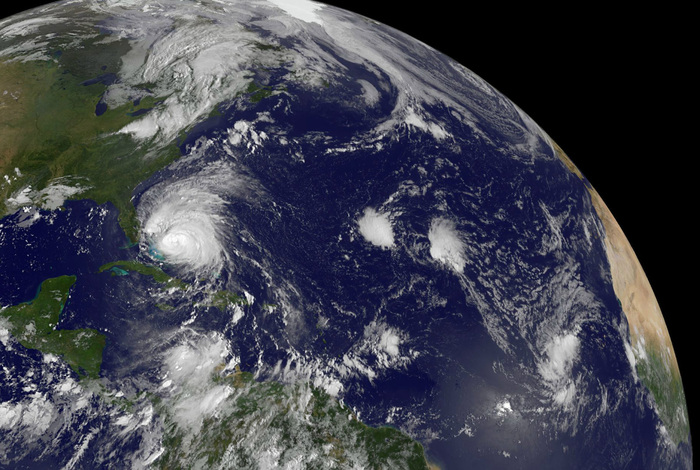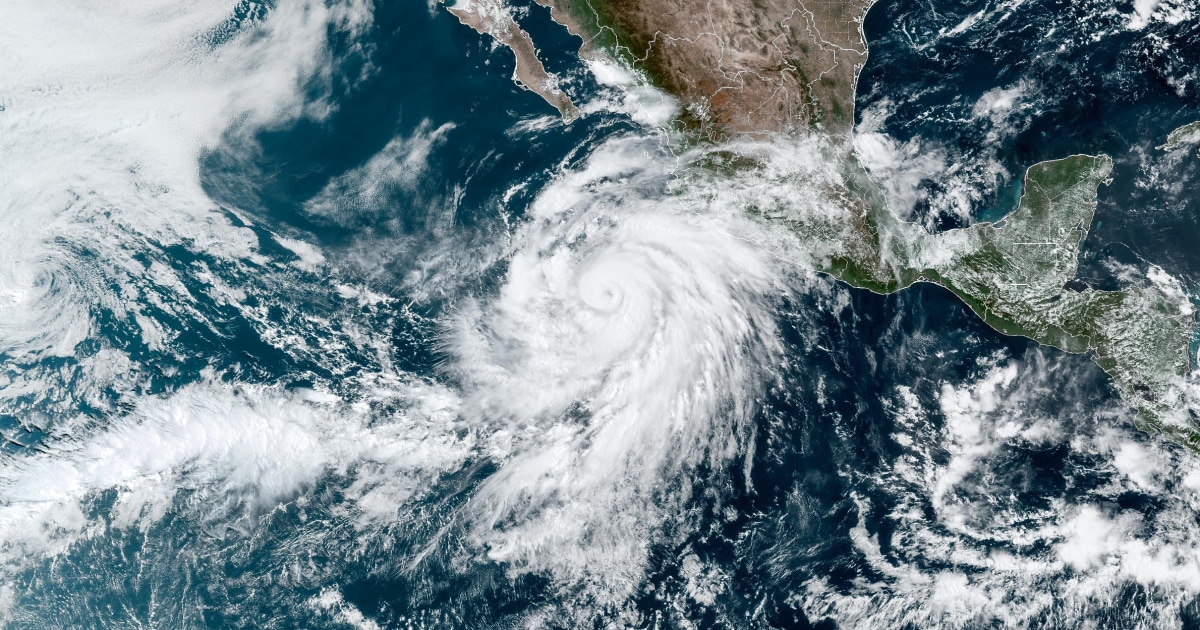(CNN) ––
Tropical Depression 15 strengthened slightly this Tuesday afternoon and the National Hurricane Center (NHC) updated it to Tropical Storm Omar.
Just a few hours earlier, a strong tropical disturbance in the Caribbean became Tropical Storm Nana, according to the entity.
This record hurricane season continues to produce tropical storms.
Nana and Omar are the 14th and 15th named storms, respectively, that have formed the earliest in the Atlantic basin, each breaking a 2005 season record.
At 5 p.m., Nana was located just 25 miles southwest of Jamaica and was moving west, away from the island, at 17 miles per hour.
The tropical storm has sustained winds for 80 kilometers, with even stronger gusts.
"On the forecast trajectory, Nana will move close to but north of the coast of Honduras this Wednesday and will probably approach the coast of Belize on Thursday," the NHC said.
LEE: Tropical storm Nana forms;
could lead to rains and landslides in Central American and Caribbean countries
Despite the system having only had about 36 hours before moving to Belize, conditions are favorable for at least modest strengthening and the hurricane center predicts that Nana will become a Category 1 hurricane before making landfall early. this Thursday.
A tropical storm watch has been issued for Mexico from Puerto Costa Maya to Chetumal.
The coastal areas of Belize, Guatemala and Honduras continue to be under tropical storm watch.
Omar continued his record streak on Tuesday afternoon.
The earliest previous named "O" tropical storm to form was Ophelia, which was named for it on September 7, 2005.
With maximum sustained winds of just 40 miles per hour, Omar is a minimal tropical storm.
The phenomenon is located about 200 miles east of North Carolina's Outer Banks chain of islands, but will continue to move away from the U.S. The storm will face hostile environmental conditions and is expected to dissipate well north of Bermuda, according to the hurricane center.
Aside from the increased risk of waves and rip currents along the North Carolina coast, Omar will have no impact on land.
Tropical storm















